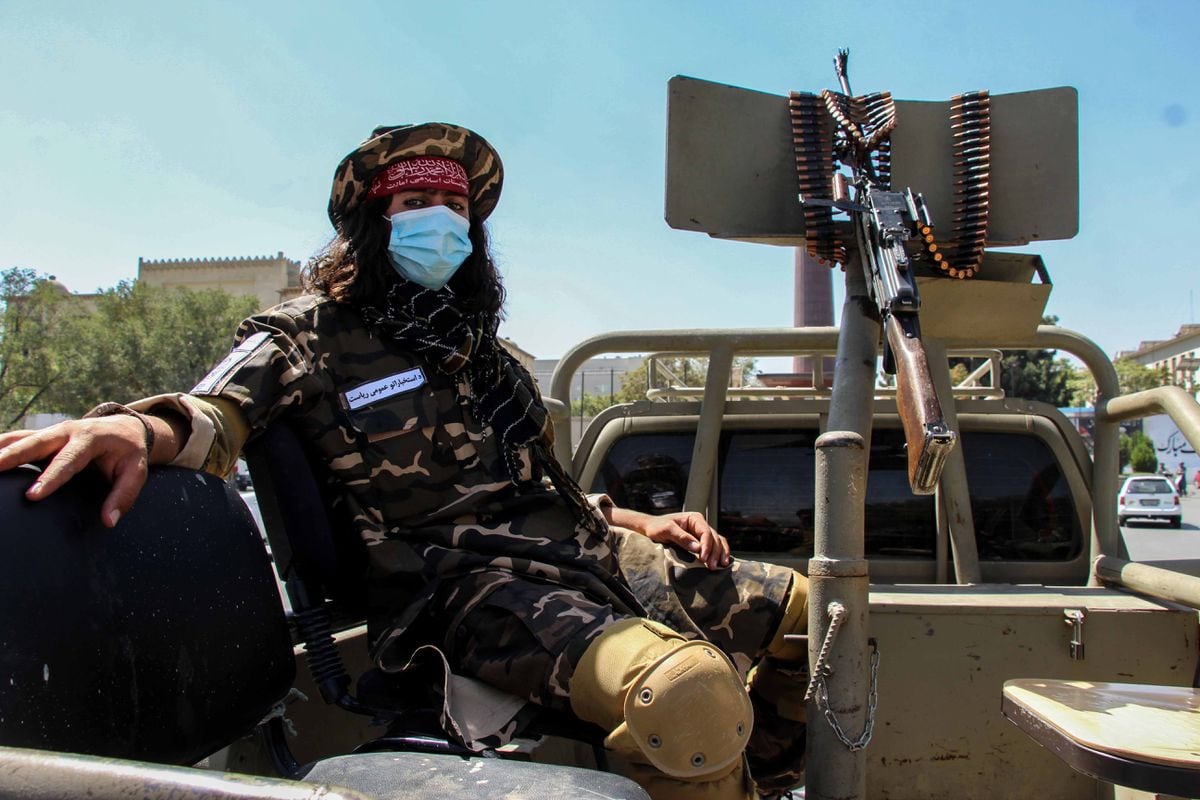
Twenty years after the September 11 attacks, the return to power of the Taliban in Afghanistan is the greatest proof that the relationship between the United States and many of the countries where Islam is predominant remains disastrous. The failure of the West in its quest to export democracy by bombing is indisputable, so the only thing left behind the response that was orchestrated to the brutal terrorist attacks of 2001 is more hatred and more fury, the devastation of Iraq and Syria, the reconquest of power in Kabul by a group of fanatics and many other issues, including the one that took place on Wednesday in Paris at the beginning of the trial against those allegedly responsible for the terrorist acts that occurred in the French capital on November 13, 2015. The only survivor of those who unleashed the horror that night, Salah Abdeslam, showed no sign of regret. “I gave up everything to become an Islamic State fighter,” he said as soon as he could open his mouth.
The disagreement comes from afar, from those remote times in which the great western countries launched themselves to conquer the rest of the world and were installing and dominating the places where they could obtain huge economic benefits or strategic advantages. Sometimes things go wrong for them. For example, in 1839. The British, who had been colonizing India since the early nineteenth century, decided to venture a little further to place a friendly leader in Kabul. The Afghan guerrillas proceeded in their own way: no one was left alive from that powerful expedition, except for a military doctor.
A few years later, around 1866, Jamal al-Din al-Afghani, Jamal al-Din al-Afghani, arrived in Afghanistan. The British secret services pointed out in a report that he had a lifestyle closer to European ways than to Muslim ways. He came to deplore, at some point in his eventful life, the ignorance engendered by madrasas and “convents of dervishes”, which made it easier for the scientific West to dominate the Islamic people. He also dared to affirm that “the sharia, the Islamic law of the Prophet Muhammad was not immutable, it was open to revision by philosophers ”. It is recounted by Pankaj Mishra in From the ruins of empires, where he explores the clash of the West with Asia.
“The nobility of their soul leads them to choose a death with honor rather than a life of abjection under foreign rule,” said this intellectual of the Afghans when he was among them, taking advantage of another advance of the British to cry out against the foreign presence. It was one of his greatest obsessions, that the Islamic countries find their own way of modernization to free themselves from the western yoke. “I have fought, and continue to fight, for a reform movement in the rotten East, where I would like to substitute arbitrariness for law, tyranny for justice, and fanaticism for tolerance,” al-Afghani told him in Tehran in 1891 to a German journalist. These desires and objectives, in the face of the current brutal radicalization of the Islamist sectors, may seem the delusion of an extravagant, but they are still necessary today more than ever.




